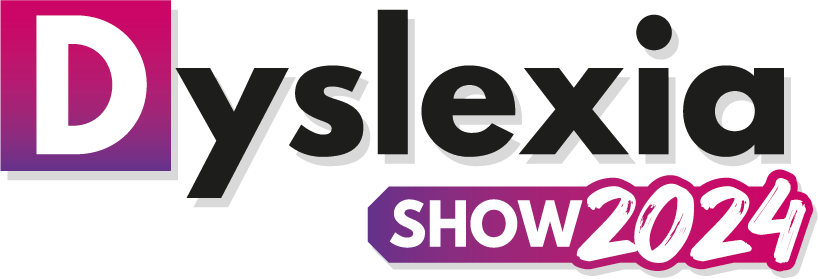Global assistive technology company, Texthelp, has unveiled new research highlighting the scale and impact that literacy challenges are having on the UK population.
Over a third (36%) of UK adults have admitted to having reading, writing, grammar, comprehension and spelling difficulties.
Launched during British Dyslexia Awareness Week (3- 9 October 2022), the study by Censuswide, commissioned by Texthelp, surveyed over 2,000 UK adults across the country. The survey is part of a campaign titled “Words Can’t Hold Us Back” and aims to raise awareness of the extent of literacy challenges in the UK. You can read the full report here: text.help/words-uk
Grammar is the topic Brits found most challenging whilst at school, with 1 in 5 (20%) admitting to having found this difficult; 19% said they experienced difficulties with homework, and 18% said they found spelling hard.
The survey explored how these literacy challenges are affecting the everyday lives of many, with at least one in five (22%) people finding it difficult to understand important paperwork and contracts critical to daily life, whilst 9% of people did not feel confident helping children with their homework.
Literacy challenges can have an impact on how people feel about carrying out everyday tasks. A quarter (25%) of people surveyed admitted to feeling embarrassed when they experience difficulties reading books aloud to early years children, whilst just over 2 in 5 (41%) feel frustrated when having difficulties reading and filling out lengthy forms (e.g., a medical, insurance or travel forms).
Martin McKay, Founder and CEO at Texthelp said: “This survey shows how adults in Britain feel about experiencing these literacy challenges and how these challenges impact on their basic everyday tasks. Words can’t hold us back, but it’s clear that there is a wide spread of literacy difficulties experienced in the UK, which subsequently impacts on everyday lives today. These difficulties were noticeable during adult’s education, but many didn’t get the support they felt they needed which has resulted in them feeling frustration, embarrassment and anxious today. It’s our mission to help address this issue and we are committed to helping every young person to understand and be understood by providing literacy and numeracy support to all.”
British TV actor and ‘Derry Girls’ star, Dylan Llewellyn has dyslexia and says that some everyday tasks can be difficult for him.
Dylan said: “Being severely dyslexic meant I found school challenging and was often behind with my classwork. I struggled at mainstream school but as soon as I went to a specialist school it did help me grow in confidence and develop learning techniques. Acting with dyslexia has thrown up some challenges, for example, if I have to learn a script quickly then this can be difficult to do. Reading and writing is a part of everyone’s lives, so it’s important that there is support for everybody, not just pupils with dyslexia who attend a specialist school.”
When it comes to spelling, the data showed that UK adults struggle to identify the correct spelling of certain common words. Ironically over a third (36%) thought ‘Mispelt’ is correct (correct spelling ‘Misspelt), with just over 3 in 5 (61%) thinking ‘Harrass’ was the correct spelling (correct spelling ‘’Harass’).
There are a number of reasons that have stopped UK adults from seeking help with their reading, writing, grammar, comprehension and spelling difficulties and these include, 20% of those fearing that other people would think that they were not smart enough.
Many people surveyed felt technology could have helped during their education, for example a third (33%) of those who found their education challenging or needed assistance, said a spell checker which would identify and highlight misspellings would have been beneficial during their education.
The survey concluded by identifying that nearly 2 in 5 (37%) said they did not feel there were enough resources and technology to support their reading, writing, and comprehension needs during education.

